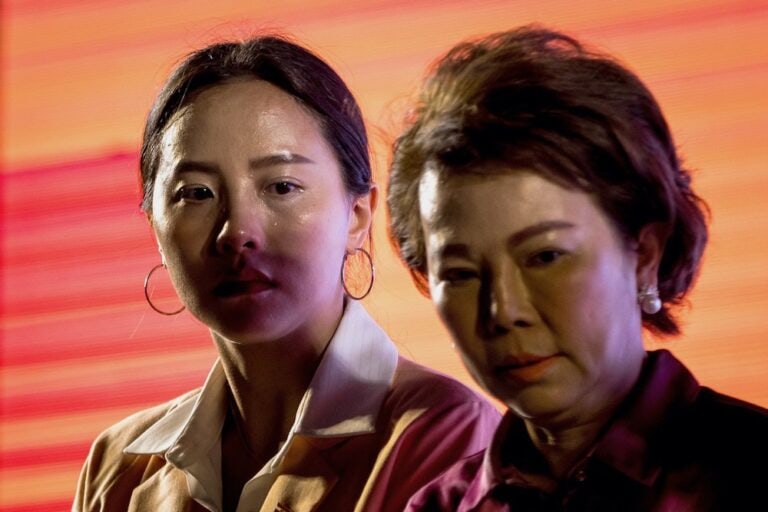(SEAPA/IFEX) – Rights groups and the academic community in Thailand are up in arms over a government order to close down community radio operations in the kingdom. Ostensibly, certain operations are being penalised for violating technical standards, but community media proponents say the move is threatening a crucial experiment in participatory democracy. Other critics are […]
(SEAPA/IFEX) – Rights groups and the academic community in Thailand are up in arms over a government order to close down community radio operations in the kingdom.
Ostensibly, certain operations are being penalised for violating technical standards, but community media proponents say the move is threatening a crucial experiment in participatory democracy.
Other critics are questioning the government’s sincerity and have suggested that the closure orders are discriminating against radio operators that are more critical of Thailand’s political leaders. They warned that the development would ultimately lead to more government control over community radios.
On 19 May, Bangkok’s English-language daily, “The Nation”, reported that Minister Suranand Vejjajiva has ordered the closure of at least 17 community radios. The government said their operations were found to be broadcasting beyond their prescribed transmission limits, thus causing interference with – and drawing complaints from – civil aviation entities and commercial radio operations.
Among those ordered suspended was one station whose program host has been a regular critic of the government, and yet, critics say, the order spared another operator who was said to be a relative of Prime Minister Thaksin Shinawatra.
On 27 May, Suranand also ordered the National Telecommunication Commission to seize the transmitters of other community stations that violated technical standards. These stations have been given until 15 June to replace their transmitters or face closure
Dr. Anusorn Srikaew, dean of Rangsit University’s Faculty of Mass Communications, said the government has a constitutional commitment to safeguard the independence of community radio stations, and keep them free of political and commercial interests.
But Dr. Uajit Virojtrairatt, an expert on community radio in Thailand, told SEAPA that the order to close down some community stations was a ploy to undermine this constitutionally-mandated experiment of community journalism. She warned that the government is looking to justify a move to impose more controls over the fledgling media sector.


